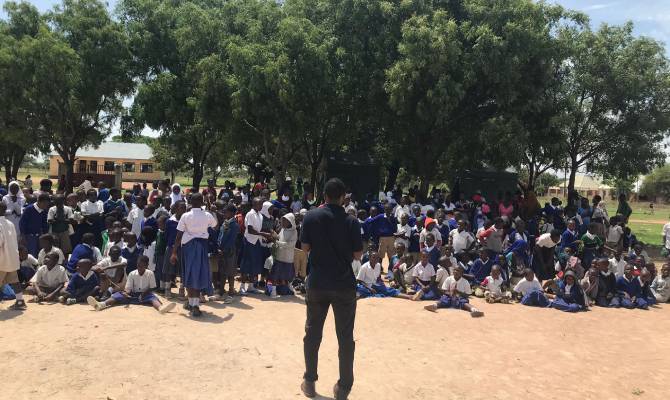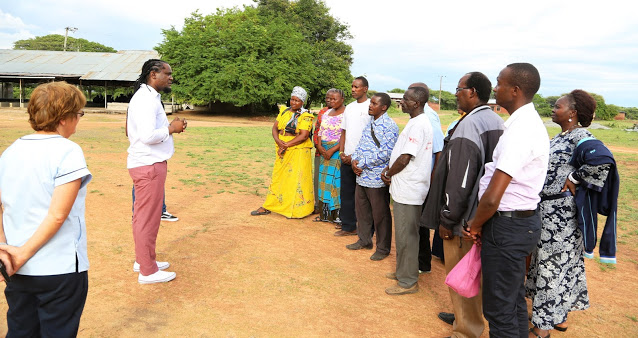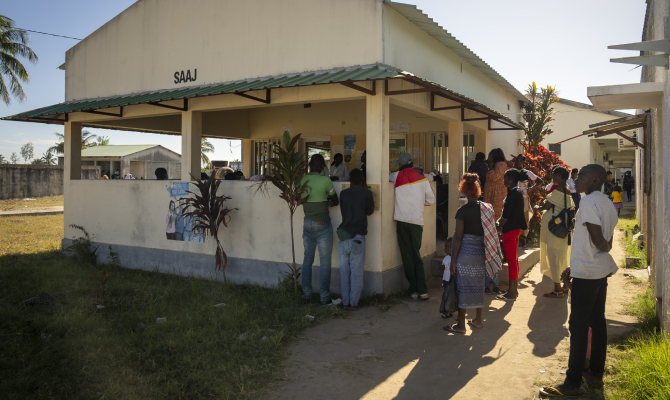“Improving health and well-being of adolescents and young adults living with HIV” reserach project has been implemented in Shinyanga region, Tanzania in partnership with University of Florence, thanks to the support of the Italian Agency for Development Cooperation. Our team on the ground have gathered with local authorities and partner to discuss the results in an official closing ceremony.
The research explored barriers to access, psychophysical well-being, and the impact of Covid-19 on this group and it played a pivotal role in advancing medical research, community engagement, and healthcare provision, blending quantitative and qualitative approaches.
A closed-ended questionnaire was administered to a randomly selected sample of people living with HIV (PLHIV), complemented by a data review of clinical records. The research team also organized focus group discussions and in-depth interviews to capture qualitative nuances. Through a fruitful collaboration with health facilities in Shinyanga, the initiative focused on enhancing access and quality of HIV services by delivering informative sessions and performing testing in schools.
With 247 participants in the quantitative phase, the study’s multivariate analysis disclosed that the duration since HIV diagnosis significantly influenced adherence to antiretroviral therapy (ART). Importantly, the presence of a CUAMM-supported focal person positively impacted adherence to treatment, facilitating patients’ access to the healthcare and treatment center (CTC).
Despite the challenges posed by the pandemic, the study found no clear impact on appointment adherence. Prevalence rates for depression and anxiety were reported at 13% and 4%, respectively, with higher rates among females. Qualitative findings underscored a myriad of barriers, including stigma, the need for privacy, inadequate nutrition, and low HIV awareness. Young people expressed reservations about HIV self-testing, emphasizing the importance of community-based and peer support services.
Through the initiative, we renewed the coomittment in fostering holistic healthcare solutions in Africa, particularly in addressing the challenges faced by adolescents and young adults living with HIV in Tanzania where around 1.7 million people live with HIV.





